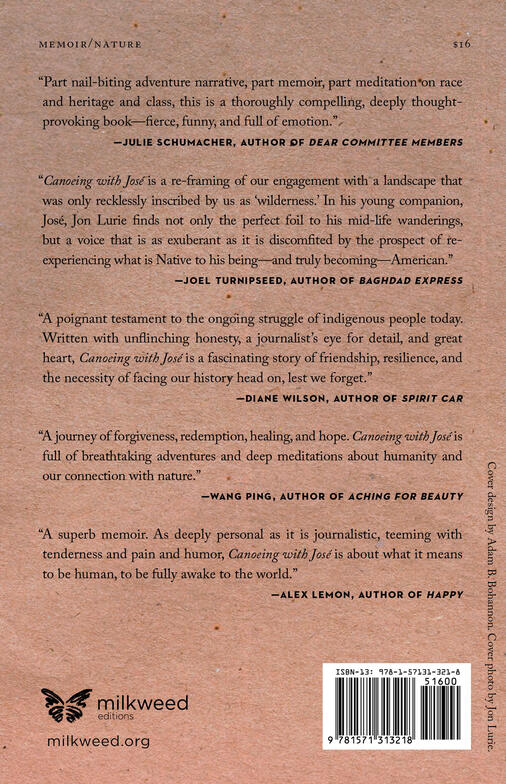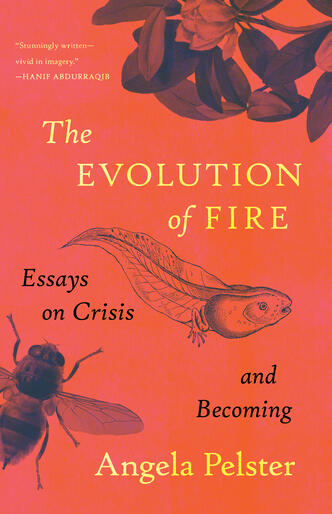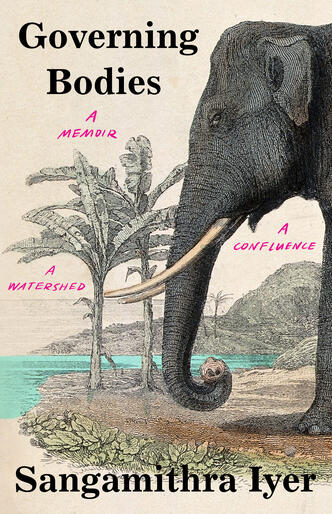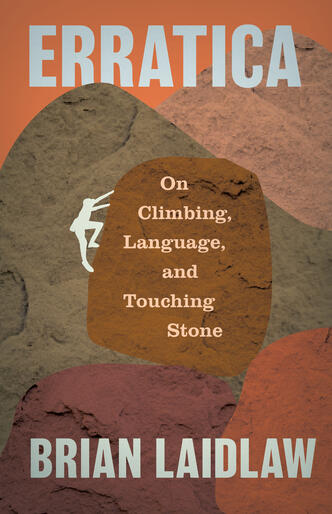

Canoeing with José
—WANG PING
The first time journalist Jon Lurie meets José Perez, the smart, angry, fifteen-year-old Lakota-Puerto Rican draws blood. Five years later, both men are floundering. Lurie is newly divorced and depressed. José is embedded in a haze of women and street feuds. Both lack a meaningful connection to their cultural roots: Lurie feels an absence of identity as the son of a reticent Holocaust survivor, and José struggles to access a communal history obliterated by centuries of oppression. And neither feels the link to their Minnesota home—to its people, its land, and its rivers—that they long for.
Then Lurie hits upon a plan to save them. After years of admiring the journey described in Eric Sevareid’s classic 1935 account Canoeing with the Cree, Lurie invites José to retrace Sevareid’s route and embark together on a mythic two-thousand-mile paddle from Breckenridge, Minnesota, to the Hudson Bay. Faced with plagues of mosquitoes, extreme weather, suspicious law enforcement officers, tricky border crossings, and José’s preference for Kanye West over the great outdoors, the trip becomes an odyssey of self-discovery. Acknowledging the native histories that Sevareid’s prejudicial account could not perceive, and written in gritty, honest prose, Canoeing with José is a remarkable journey.





